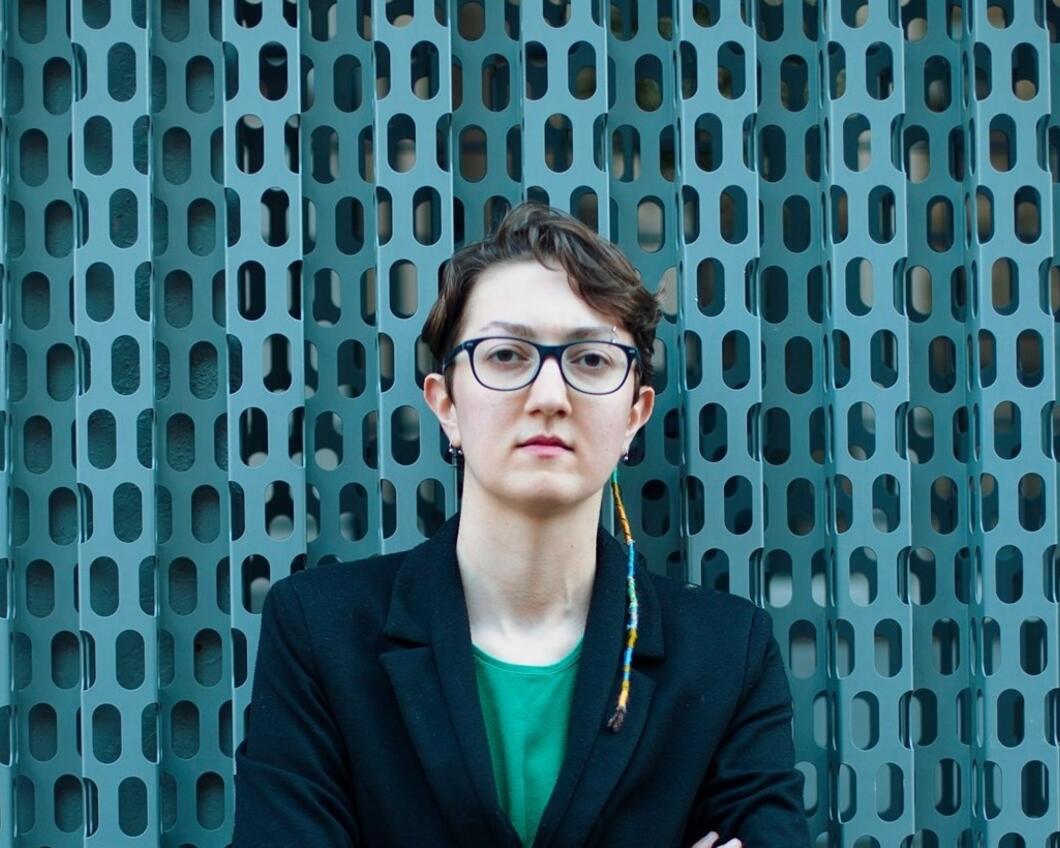For over 300 days we have protested, rallied, and resisted, demanding new elections to take place under the supervision of a neutral overseer—elections that would finally give every citizen a real choice about the future of their country. This demand has never been met. Instead, repression has become daily life. Activists are seized from their homes; police raids are routine; civil society leaders are interrogated as criminals; opposition politicians are in jail. Georgia, once the region's democratic frontrunner, now has more political prisoners per capita than Russia. Among them is journalist Mzia Amaglobeli, the first female journalist imprisoned for political reasons since independence, who writes from her cell about the darkness sweeping over our country.
This is the context for the local elections on October 4th. Although on paper it seems like a normal democratic practice, these elections are in reality a farce. International and local NGOs and organizations that monitor whether elections are free and fair are not invited, are suppressed, or are obstructed. A large part of the opposition and our fellow citizens will not legitimize this sham. Participation in these local elections by running for office or voting would validate an already manipulated process. We see this boycott not as a surrender, but as an active form of resistance.
For years, pro-democracy Georgians avoided the word "revolution." During the massive protests against the "foreign agents" law, we only demanded its withdrawal. Even after the stolen elections, we demanded new polls under a neutral administration. But the reality is that those demands were not met. The political impasse and continuous repression have killed the option of peaceful reforms. Now, the street is the only remaining instrument for change, making it inevitable to start using the long-avoided word 'revolution.'
Georgia has a proud history of peaceful uprisings, such as the Rose Revolution of 2003. We stood up before when democracy was threatened. Can we do it again? Or will further harsh measures and isolation push the country back into Russia's orbit? Today, the circumstances are tougher than in 2003: the opposition is fragmented, the media is in survival mode, and many frustrated pro-European Georgians have left.
Europeans must understand that Georgia's struggle is not just local. It is part of a broader geopolitical conflict. It is a conflict between democracy and autocracy. The Kremlin intervenes where democracy is vulnerable to show that even pro-European societies can collapse and return to Russia's sphere of influence. Every political arrest, every censored journalist, every exiled activist, every stolen vote is a warning to Kyiv, Chișinău, Yerevan, and beyond that Russia’s influence is inevitable. If Georgia falls, this will not just be the end of one country's EU accession process: it will affect Europe as a whole.
Moldova has defeated pro-Russian forces at the ballot box; Armenia is moving closer to Europe after its own peaceful revolution; Ukraine is fighting bravely on. Georgia, formerly the region's frontrunner in the EU accession process, now risks standing alone as a tragic exception.
October 4th is merely an opportunity, a moment we must seize. It is not a guarantee, and change will not come quickly or easily. Hopefully, we can join forces to rise up once and for all and bring years of struggle against the regime to a head. Only the power of the people can save Georgia today.
About the Author:
Tamar Jakeli is a green, feminist, and queer activist who has been targeted by the "Georgian Dream" as the director of Tbilisi Pride. Tamar served as a spokesperson for the protests against the "foreign agents" law and attempted to establish a Green Party in Georgia.
